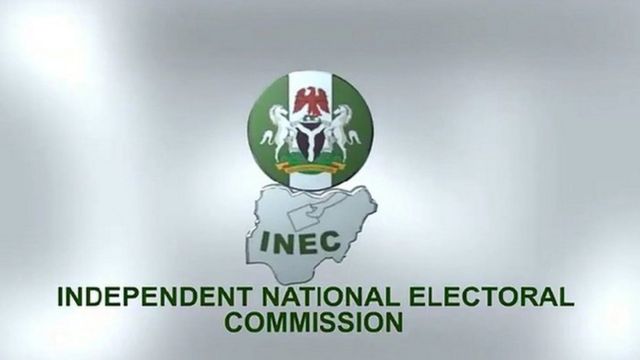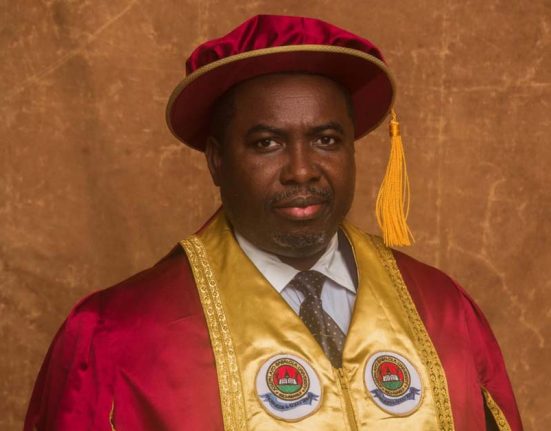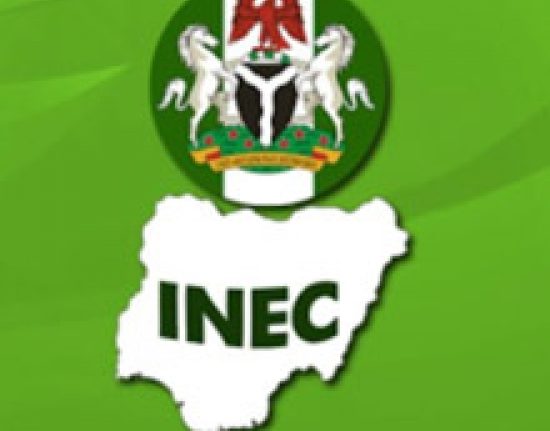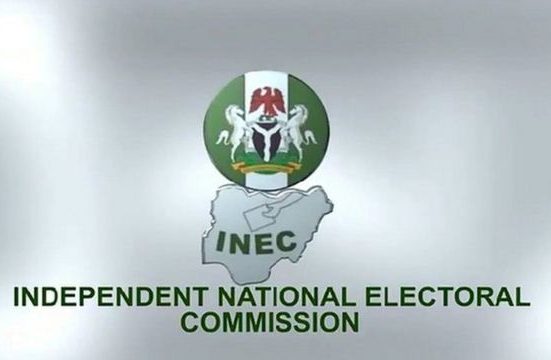The Independent National Electoral Commission (INEC) has firmly pushed back against recent allegations from political stakeholders and opposition figures accusing the commission of stalling the registration of new political parties ahead of the 2027 general elections. The commission emphasized that political party registration is a constitutional and legal process, not a political gesture, and must strictly adhere to laid-down procedures as outlined in the Electoral Act 2022 and INEC’s 2022 Regulations and Guidelines for Political Parties.
Speaking through its Chief Press Secretary to the Chairman, Rotimi Oyekanmi, INEC clarified that no new political parties have been registered, and any reports suggesting otherwise, specifically claims that the Independent Democrats and Peoples Democratic Movement have been reinstated, are false. Oyekanmi noted that both parties were deregistered in February 2020 for failing to meet constitutional thresholds and remain defunct. He reiterated that Nigeria currently has 19 registered political parties, and that number has not changed.
Responding to accusations from figures like former Minister of Transportation Rotimi Amaechi, musician Seun Kuti, and former Secretary to the Government of the Federation Babachir Lawal, INEC stated that compliance, not criticism, determines approval. According to the commission, the quality of each application matters far more than the quantity submitted, and any political association seeking registration must demonstrate full compliance with all regulatory and constitutional requirements.
Oyekanmi detailed the registration process, which begins with the submission of a letter of intent, the proposed party name, acronym, and symbol at least 12 months before the general election. Upon approval, the group must pay an administrative fee, after which they receive an access code to complete further documentation online. These include the party constitution, manifesto, evidence of lawful occupation of a party headquarters in Abuja, and a verifiable register of members complete with names, addresses, and identification.
One of the most critical requirements, according to INEC, is that the National Executive Committee (NEC) of the proposed party must reflect the Federal Character Principle—meaning its members must be drawn from at least 24 states and the FCT. Additionally, parties must submit evidence of identity and indigene status for their NEC members. If, at any stage, falsehood, duplication, or inconsistencies are found in the application, the process is terminated.
INEC emphasized that applicants receive regular updates on the status of their registration and that some applications are withdrawn by the applicants themselves during the process. The commission strongly warned against attempts to “blackmail” it through public commentary or media campaigns, urging political actors to focus on compliance rather than accusations.







